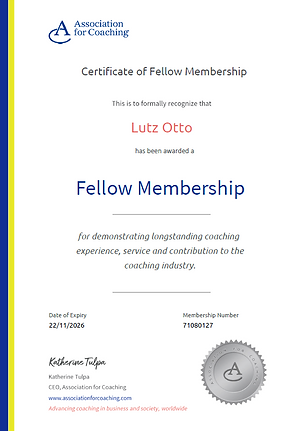



Who To Work With
Finding the right coach, counsellor, therapist, psychoanalyst, psychologist, retreat facilitator, or anyone that you trust enough to reveal your most authentic self, and that which you would hesitate to share elsewhere, should not be something that you take lightly.
Empirical evidence strongly supports the crucial role of the relationship in both psychotherapy and coaching. It clearly shows that the alliance significantly contributes to better outcomes, and that the relationship often outweighs the impact of specific techniques. Further this, it shows that unless the person you choose to work with has a holistic understanding of how the human mind works, their well intentioned processes can result in undesirable, unsustained outcomes.
So then how best do we best enter such a relationship?
In terms of the person you are thinking of working with, the questions which follow, should assist you in your decision making.
-
Are they a member of a credible association?
-
Do they have a non-disclosure, informed consent, and terms of working agreement?
-
Do they maintain a log book of the hours they have worked? Is this available? Although qualifications are important, as with anything in life, they are a ticket to the game and can never replace practical experience.
-
Are they insured?
-
Are they, or have they spent time in supervision? How much time? When was this last?
-
Are they, or have they spent time working with a therapist or coach in the context of themselves? How much time? When was this last?
-
What philosophies, or schools of thinking, is their work oriented by? Even if working eclectically, they will have a preference, and should be able to answer this question easily.
-
Do they have a preferred approach?
-
Do they walk their talk?
-
Without their breaking confidentiality, what does their typical client profile look like?
-
What do they typically work with?
-
What do they not work with?
-
What is expected from you? What can you expect from them through your process?


Two important points that are worth keeping in mind when entering a relationship a coaching relationship:
-
When it comes to deep behavioral change, depth work, trauma, and so forth, there is simply not a quick fix. Limited session work has a very specific place and if you are offered a magic-bullet it is worth being very wary - Ask for evidence.
-
Coaching is currently not widely regulated. Although there are many excellent qualifications, and superb membership associations, they are currently not a requirement to offer such services, and thus anyone who decides they believe they can coach, can. Caveat Emptor